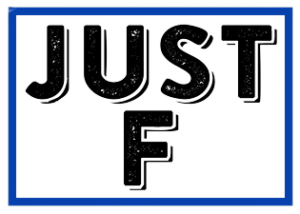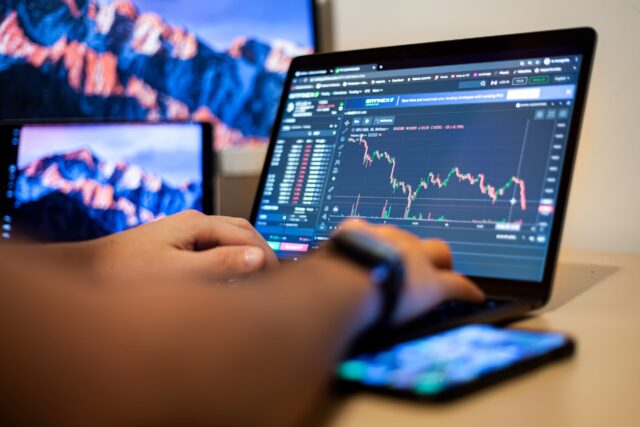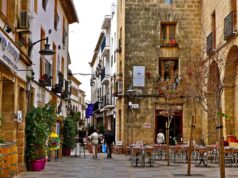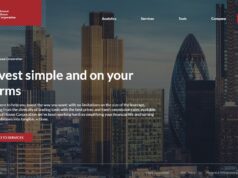You may have heard people talking about forex trading in recent years, and for some people, it is their main source of earning, whilst for others it can be a hobby that provides additional income. With online trading brokers, it is now possible to trade almost 24/7 from anywhere in the world, so even people who work full-time can get involved.
We took a deep dive into the forex and trading marketplace and put together a guide on what you need to know:
What Exactly is Forex Trading?
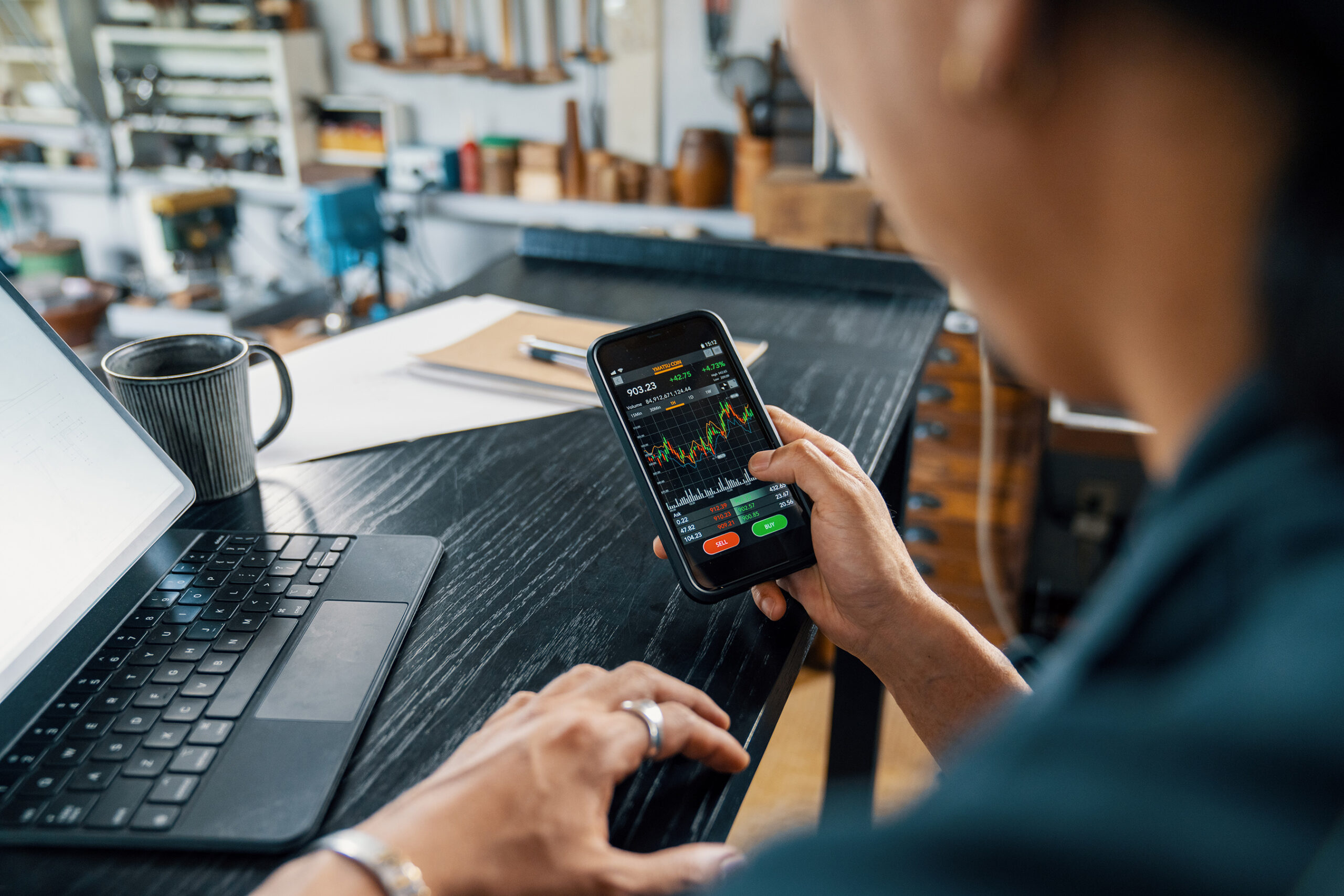
Foreign exchange or Forex trading is about buying and selling currency pairs such as US Dollar, British Pound, and Euro. The idea is to predict the future movement of one currency against another and profit from that change by buying at a lower price than you sell at.
With the advent of online brokers, forex trading is no longer restricted to a select few and it is now possible for anyone to trade forex positions from almost anywhere in the world. Forex trading is the largest market with somewhere in the region of 7 trillion USD traded every day.
This makes it a highly liquid market meaning retail traders can enter and exit trades very quickly, which is one of the reasons why it is so popular.
Choosing the Right Trading Broker
It’s important to make a list of things to look for and things to check so that you register with a reputable broker with an excellent currency trading platform. The most important thing to check is that they are properly regulated and authorised to provide forex and other trading products.
The best brokers will have indemnity insurance and an AA-rated custodian bank securing their funds, so you know your money is safe. Always compare the different types of accounts a broker offers, such as no commission and tight spreads, commission-based, and Islamic trading accounts for traders of the Muslim faith.
Take advantage of a reputable broker who offers a welcome bonus or a deposit bonus and even loyalty programmes and look for a broker who offers a demo account so that you can try out their platform before trading with real money.
Trading Platform
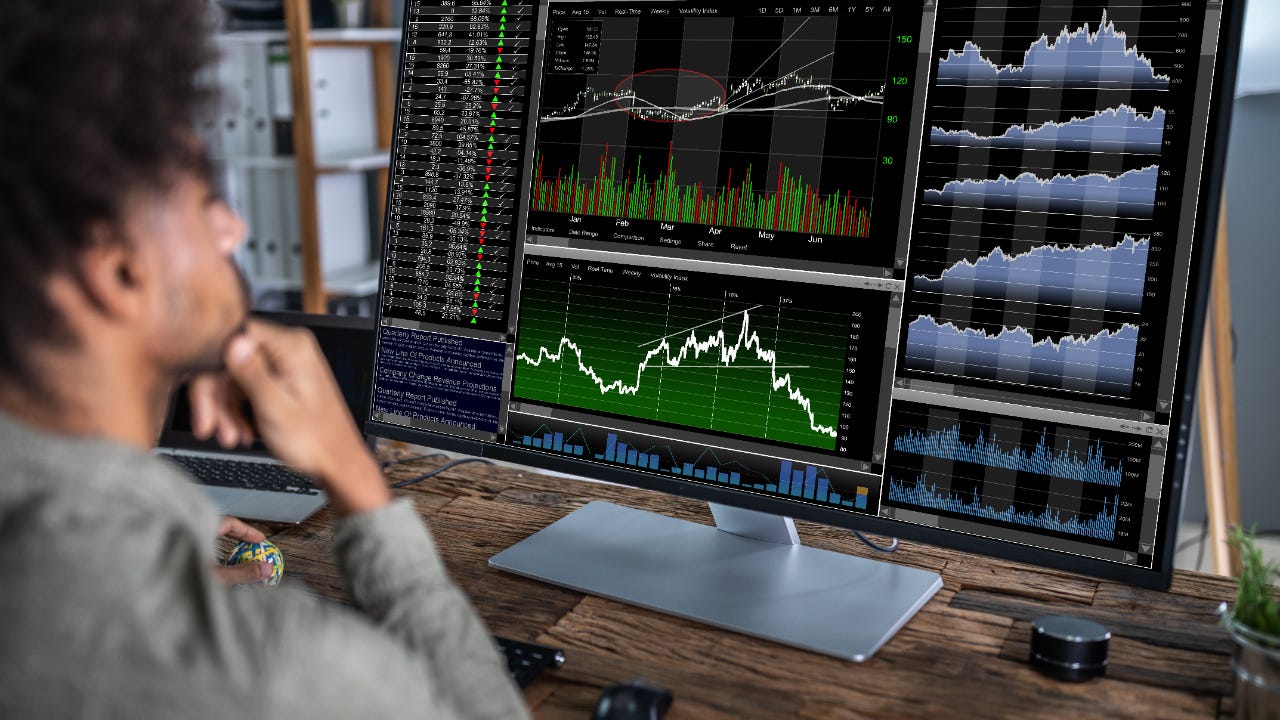
The trading platform should be intuitive and have a user-friendly interface, with a range of powerful charting options and tools, such as multiple timeframes and technical analysis indicators, and provide real-time market data.
When trading, the reliability of the platform is a major consideration because you want to know that your trades will be opened or closed when you want them to be. Prices can move quickly, so look for brokers that offer a platform with lightning-fast execution of trades and have deep liquidity pools to give you peace of mind that your trade will be filled at the level you want.
The best brokers will offer several platforms to trade on, allowing you to check your positions, open and close trades, and more, wherever you are, even whilst you’re on the move.
It’s very important to have the ability to trade anywhere, anytime, so make sure you choose a reputable broker who offers a web-based platform, a mobile app, and the ability to trade via MT4 and MT5 platforms.
Variety of Markets
Whilst forex is very popular, the best brokers will offer a wide range of asset classes in addition to foreign currency, such as indices, energy, precious metals, soft commodities and more. Within each asset class, they will have instruments that you can trade, such as the US Dollar against the
Euro, or the price of gold, oil, coffee, and even cocoa. Stand-out brokers will offer more than 1,000 instruments for you to trade, so whether it’s forex or commodity trading that interests you, they will have you covered.
How Can You Predict the Future Movement?
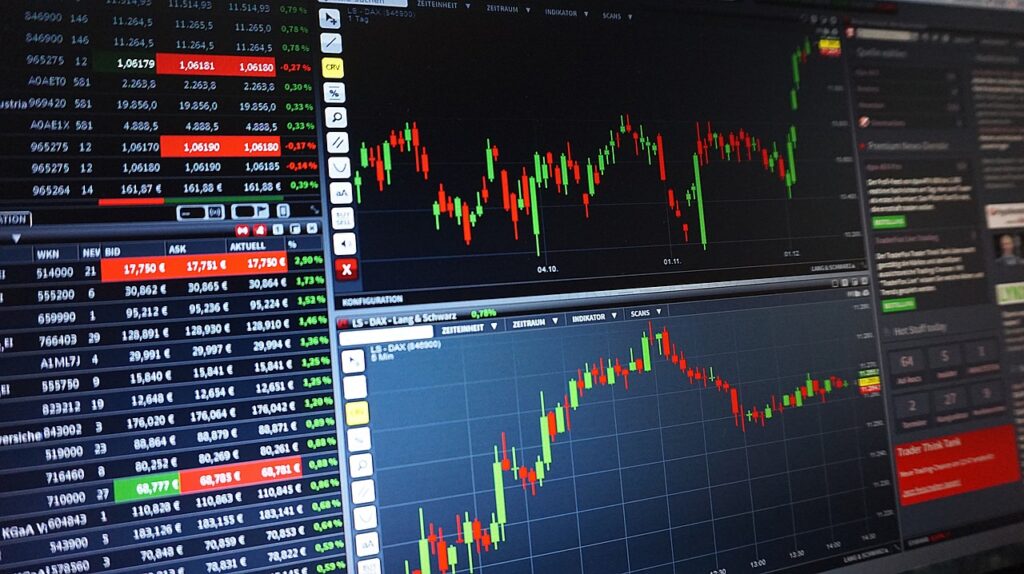
There are two main ways that traders use to try and predict future price movements, fundamental analysis and technical analysis, in some cases, they combine the two, however, technical analysis is the most popular method amongst retail traders.
For fundamental analysis, a good broker will provide a daily newsletter giving you market insights including market wrap, what to expect today, market sentiment with analyst views, and an economic calendar.
For technical analysis, look for a broker that has a wide range of indicators that can be applied to price charts, such as moving averages, Bollinger Bands, and MACD. Traders using technical analysis use the indicators in conjunction with their trading strategy to trigger entry and exit points.
What Else Can a Good Broker Offer?
Look for a small or tight spread being offered, this is the difference between the buy and sell prices, and the smaller the spread, the less a price needs to move in your favour for you to make a profit. An exceptional broker may even offer zero spread! No commission may be another option available.
Check what leverage is offered, as a higher leverage means you can control a larger position size with your funds which can give rise to higher profits even when a small trade goes in your favour. Some brokers may offer leverage up to 500:1.
Entry into the market varies, and you may see a broker offering live accounts with as little as a USD 100 deposit. Access to trading signals and copy trading is something which some brokers offer and can be a good way to benefit from other trader’s strategies.
Look for a comprehensive suite of educational resources. Exceptional brokers offer trading competitions, where you can pit your skills against other traders.
Risk Warning
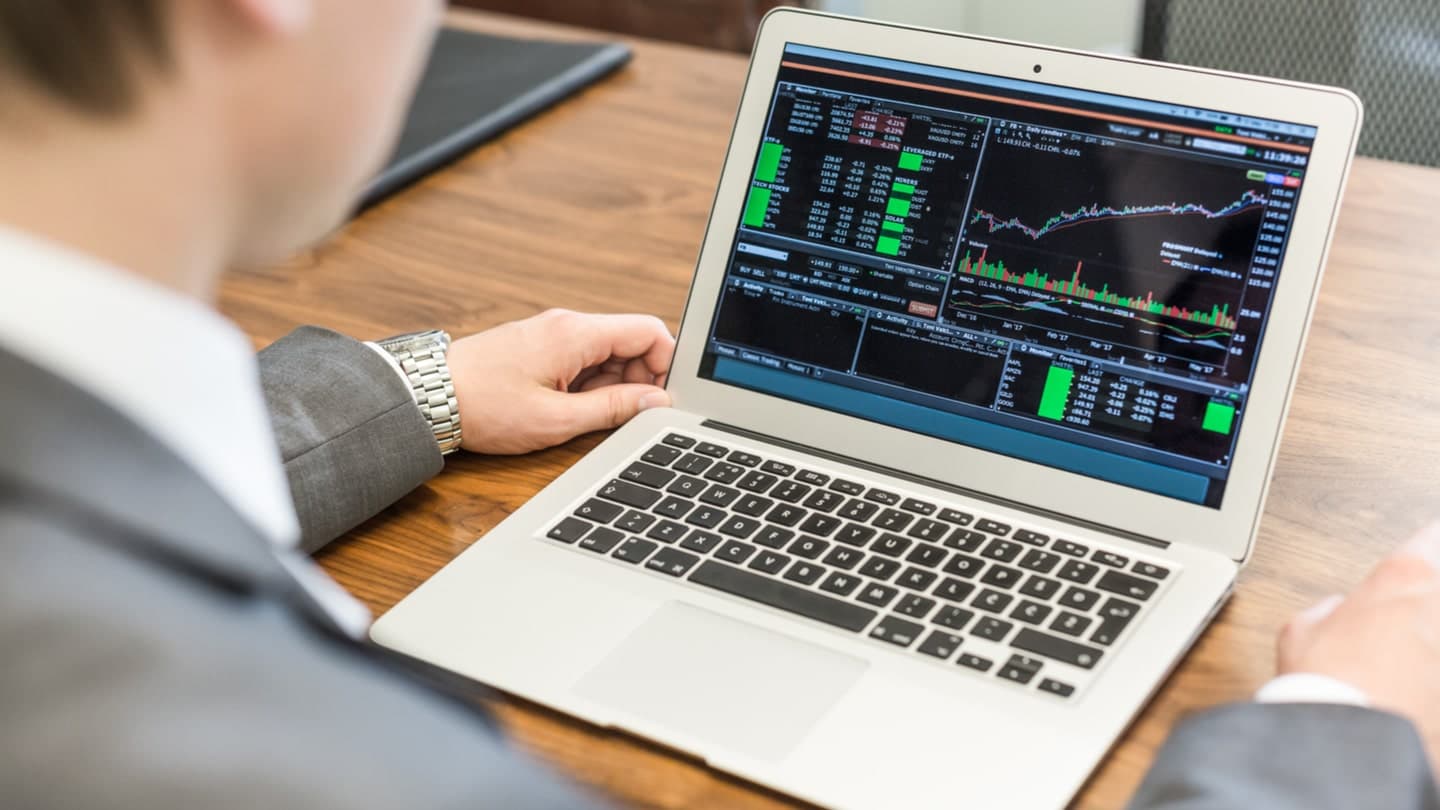
Trading leveraged products such as Forex and CFDs carries a high level of risk and may not be suitable for all investors. There is a possibility of losing all your initial capital. For full risk information, make sure you read the information provided by the broker.
Once you’ve chosen a reputable broker who you know you can trust, and checked testimonials and reviews online and elsewhere, it should be a simple process to register, deposit funds and get started. Remember, a reputable broker will be with you every step of the way and will have excellent customer support.
